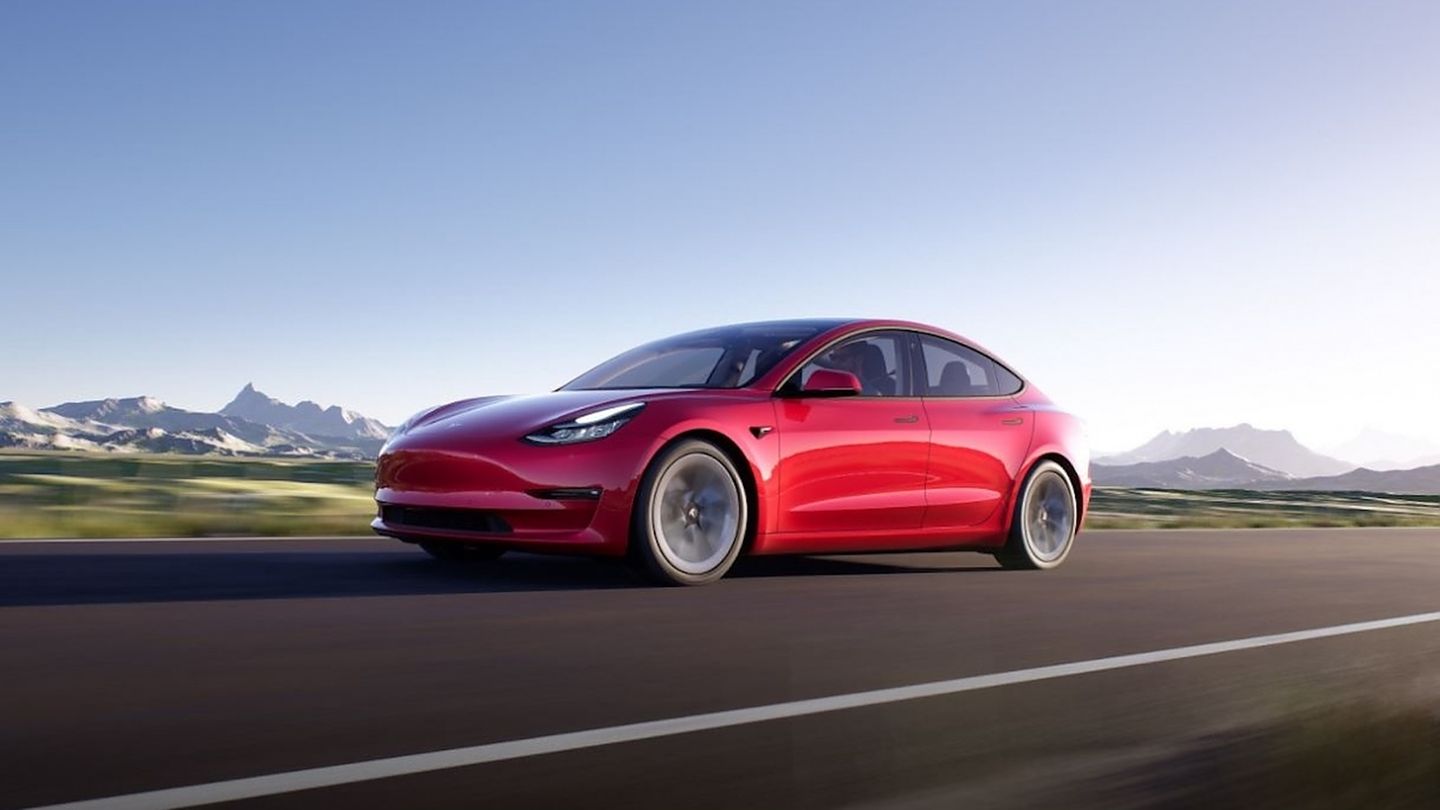Dynamic electricity tariffs: In combination with intelligent electricity meters, consumers could charge the e-car or wash dishes when it is cheaper. How does it work?
There will soon be new specifications for intelligent electricity meters. On Friday, the Federal Council approved a draft law to restart the digitization of the energy transition. Among other things, the rules stipulate that private individuals and users with relatively low consumption will not have to pay more than 20 euros a year for an intelligent electricity meter in the future. For households with controllable consumption devices such as heat pumps, it should be 50 euros.
What smart meters are
The so-called smart meters are networked measuring devices for heat or electricity that automatically transmit consumption data to the providers and also make them visible to users. That could just work with an app. With this and in combination with variable electricity tariffs, where the price fluctuates with the supply of electricity from wind and sun, consumers should be able to align their electricity use more closely with the price. The new meters can also register when electricity is fed into the grid, which is important for owners of solar systems on the roof or balcony.
Dynamic electricity tariffs
Smart meters could be particularly valuable in connection with dynamic electricity tariffs. From 2025, all electricity suppliers will have to offer dynamic tariffs in which the electricity price increases or decreases depending on the offer. At present, this obligation only applies to large suppliers. The new tariffs are intended to better reflect the increasingly fluctuating supply of electricity due to the growing importance of renewable energies. By 2030, at least 80 percent of gross electricity consumption in Germany is to be covered by renewable energies.
The data protection
The Federal Ministry of Economics explains that the protection of the data is guaranteed. “Smart meters send the recorded information encrypted, pseudonymised – if necessary even anonymously – and only to authorized recipients such as network operators or electricity suppliers in particular.” The data should only be used for clearly defined purposes and should be deleted immediately after processing. The security standards for smart meters are higher than for online banking.
The timetable
The law states that the deadlines for the introduction of intelligent electricity meters are primarily based on the target year 2030 in order to provide the digital infrastructure for a largely climate-neutral energy system by this date. In order to enable the new meters to be distributed more quickly, a rule according to which certification from three independent manufacturers was required for each development stage is no longer applicable. In addition, approval by the Federal Office for Information Security will no longer be required for installation in the future.
The critic
The association of municipal companies (VKU) misses concrete information on the financing of the devices. “Specifically, it’s about refinancing the costs associated with the rollout for the network operator,” complained CEO Ingbert Liebing. “In the worst case, they only get part of their costs reimbursed and have to wait until 2029 for their expenses to be refinanced.”
In its statement from the beginning of May, the Federal Council stated: “Consumer advocates have been criticizing for a long time that the high costs for intelligent metering systems often exceed the savings potential associated with them, making installation unattractive for household customers as a result.” A reduction in costs for household customers is therefore urgently needed.
Source: Stern




